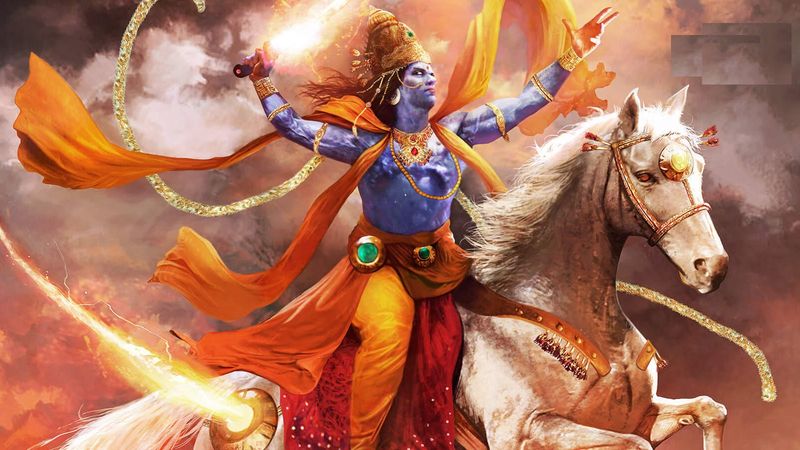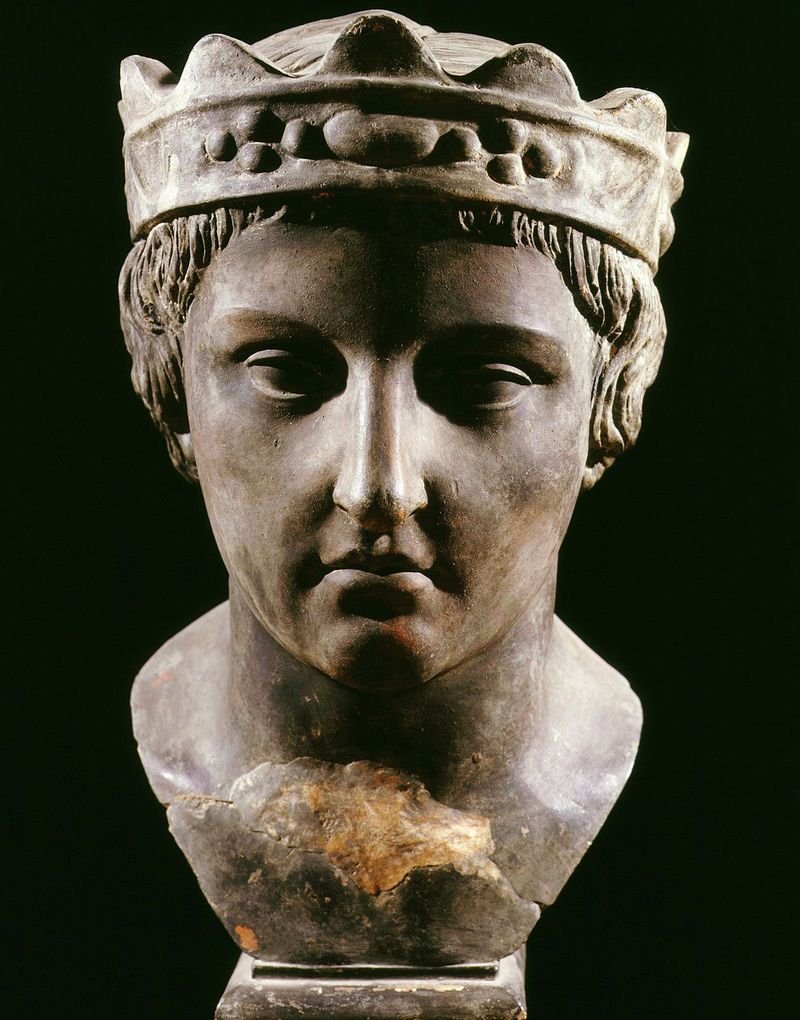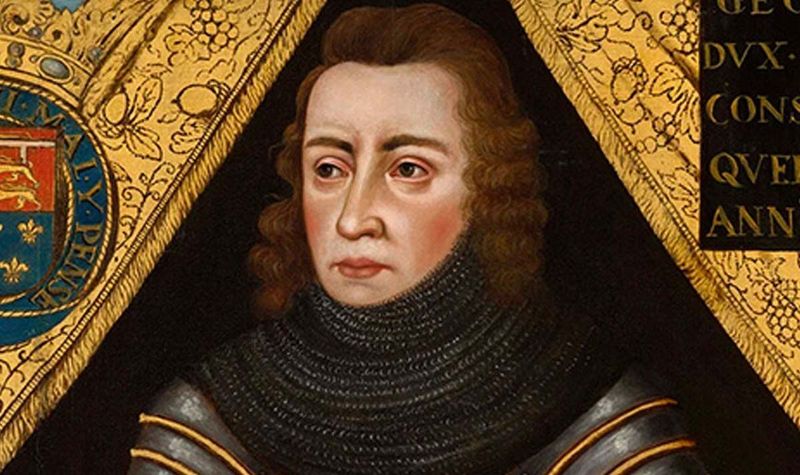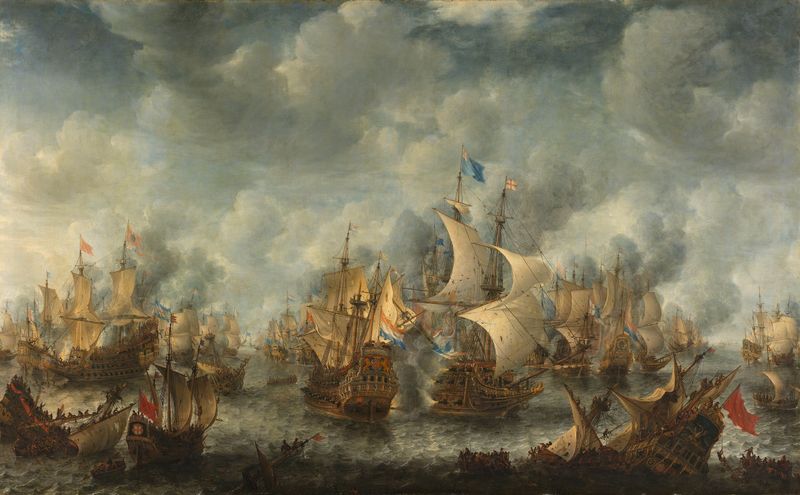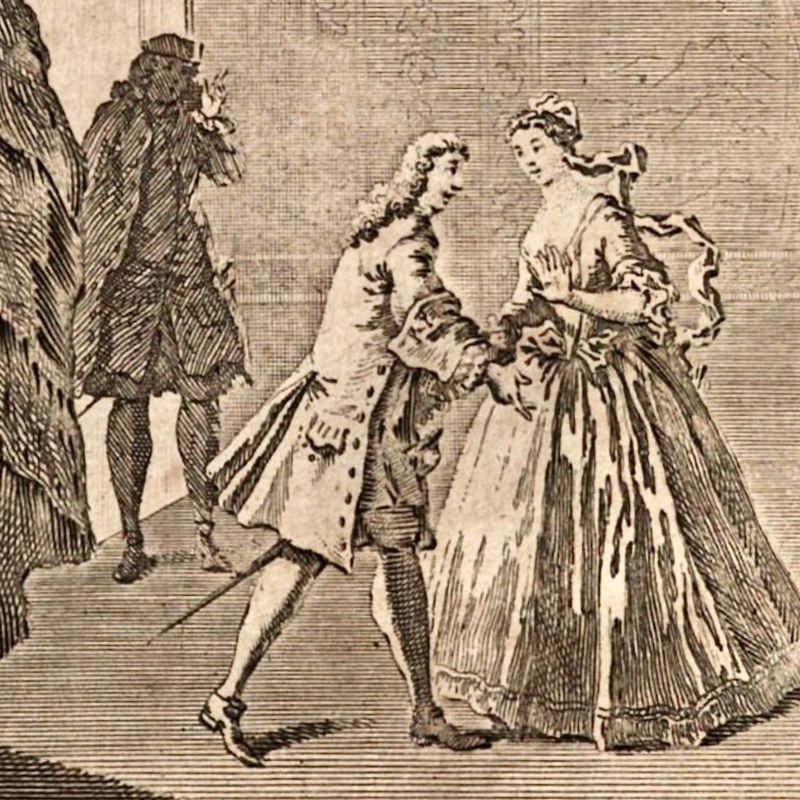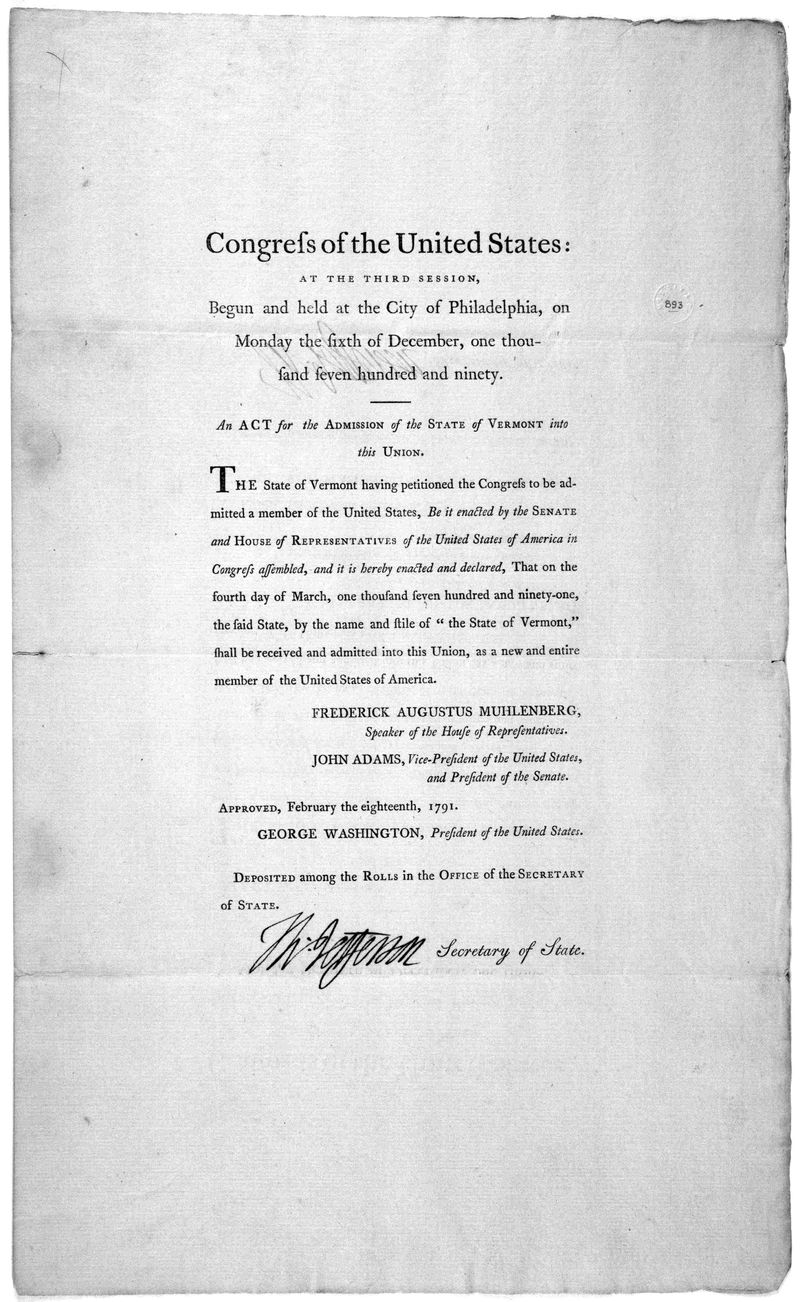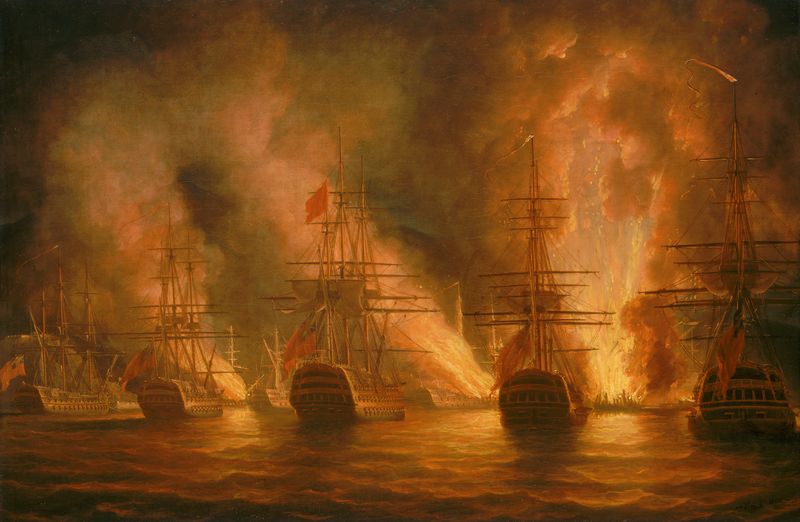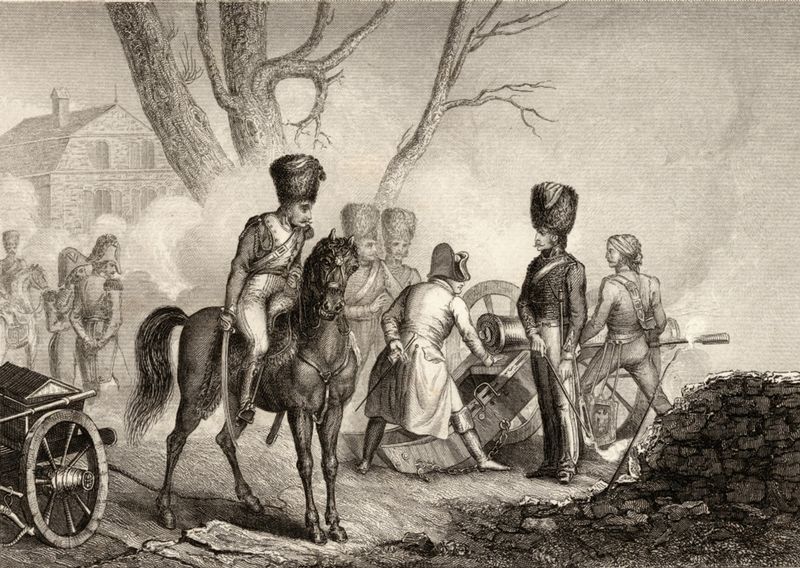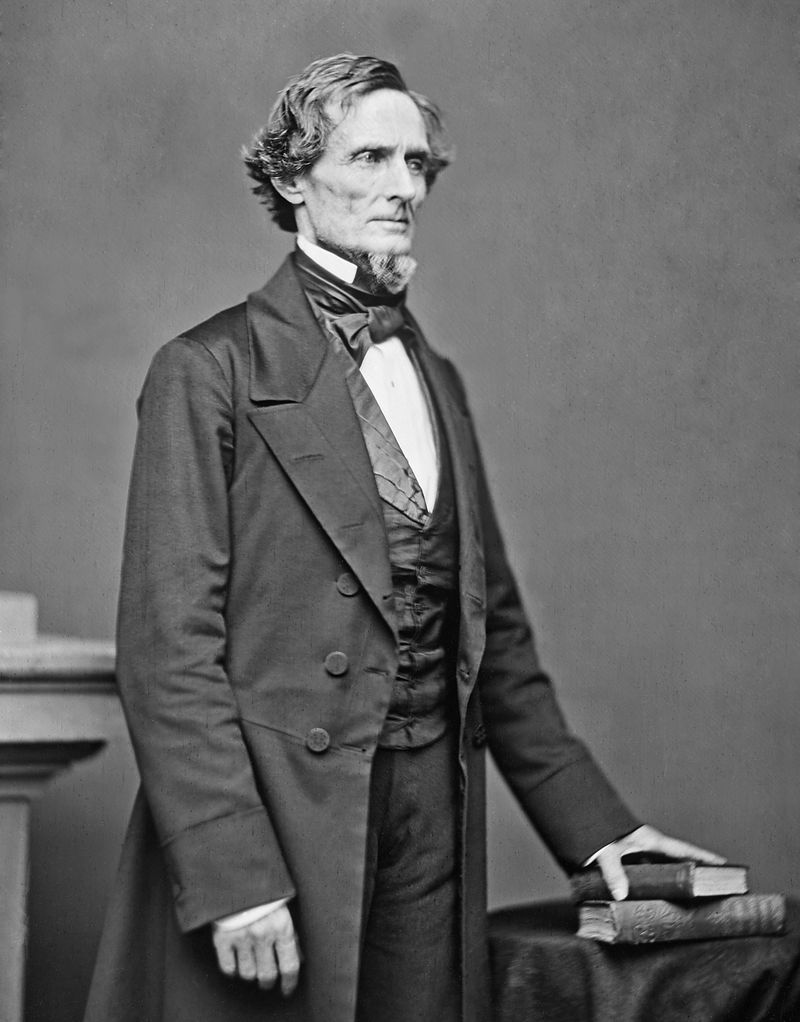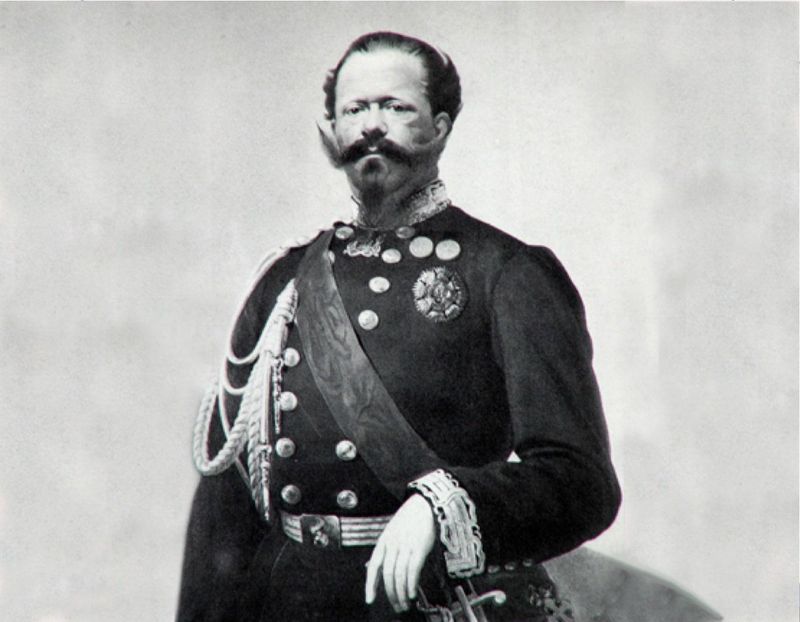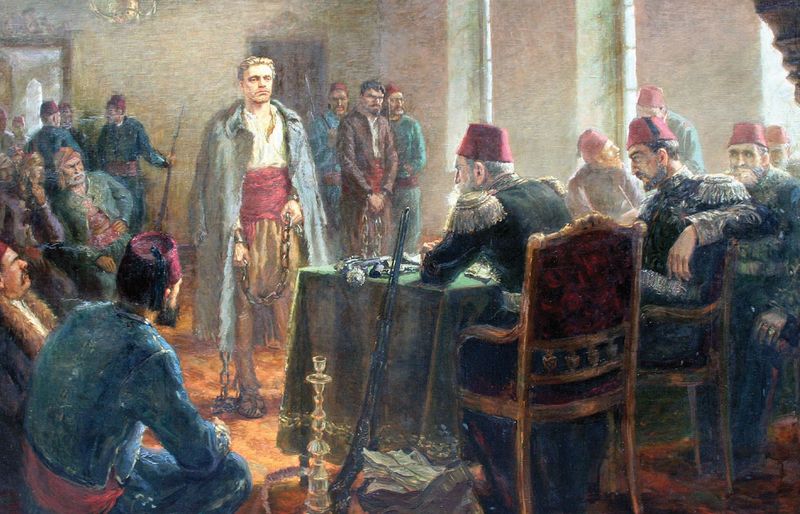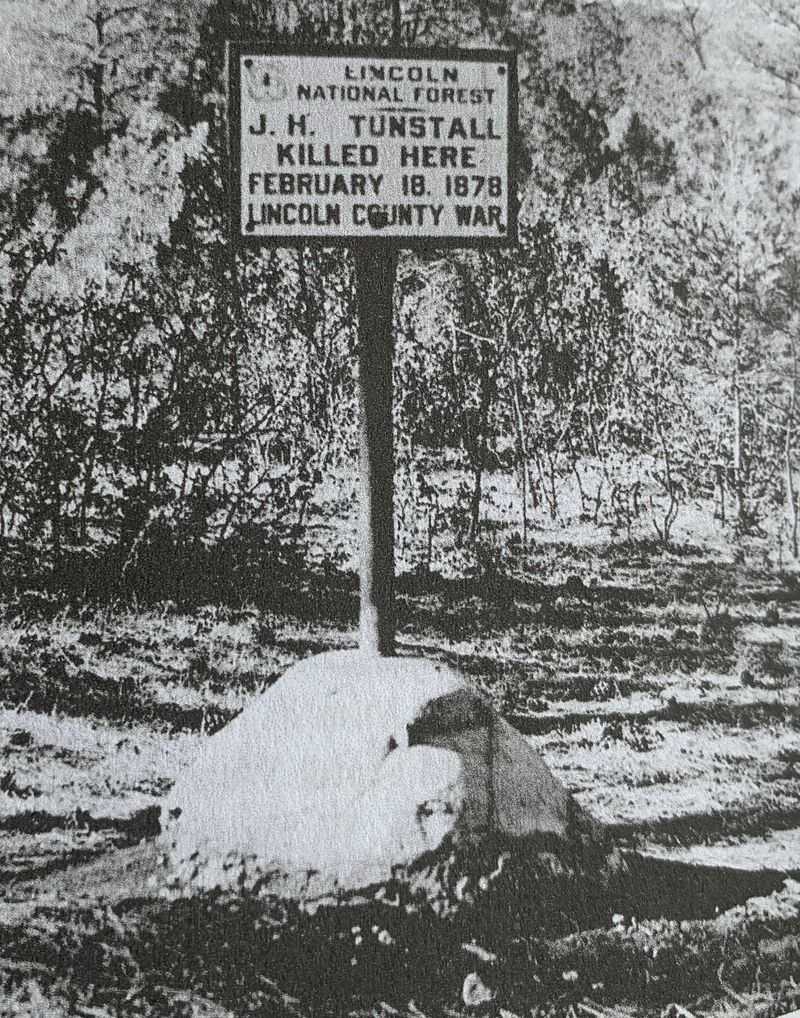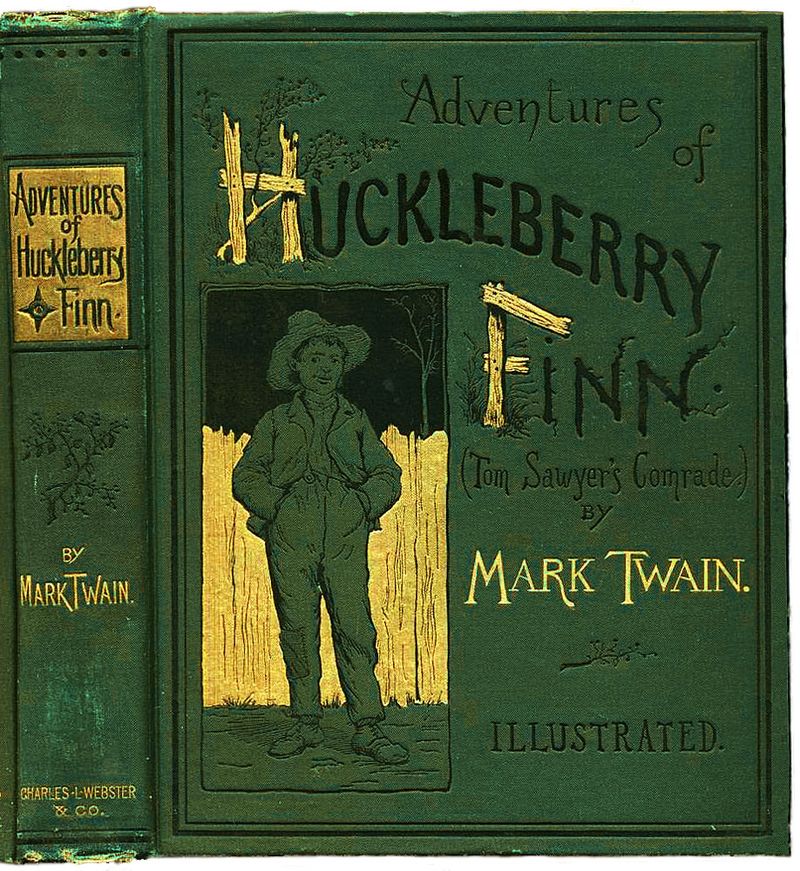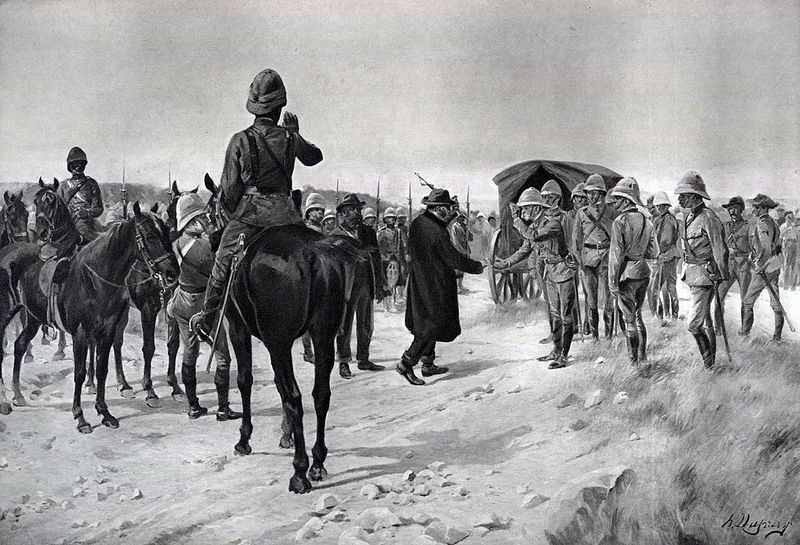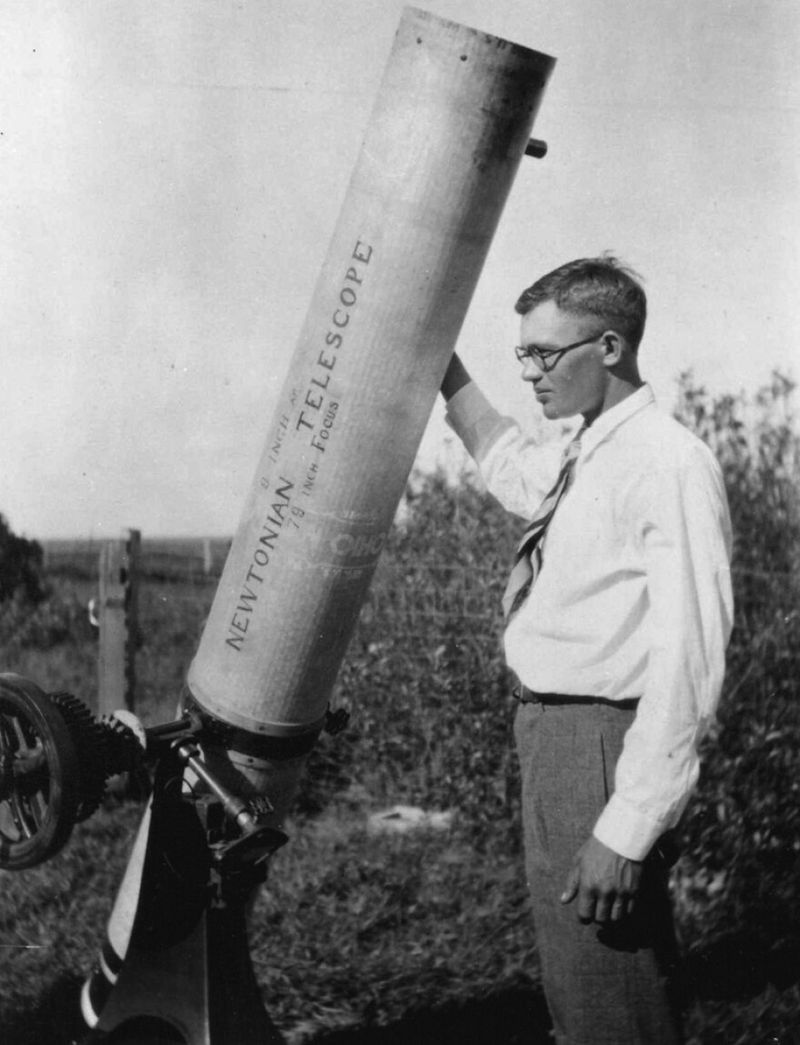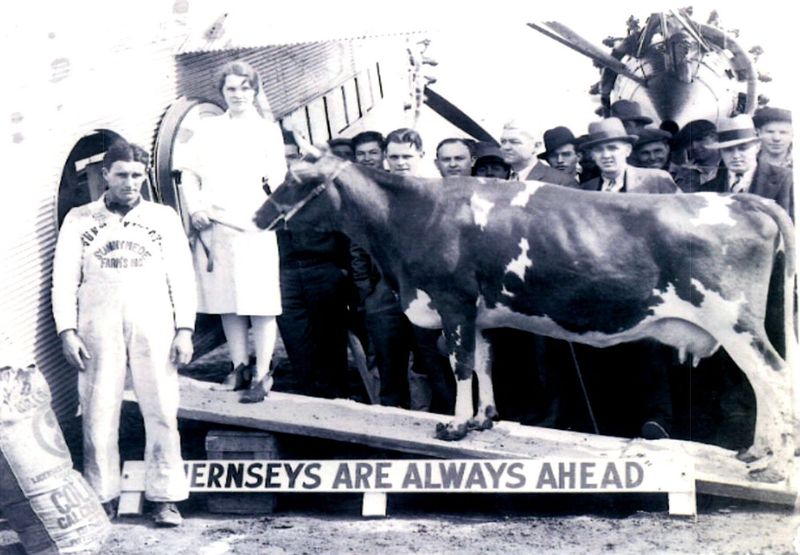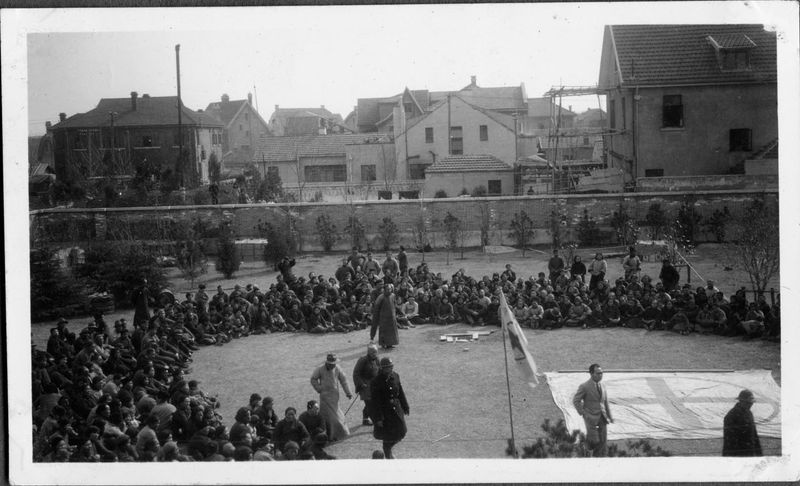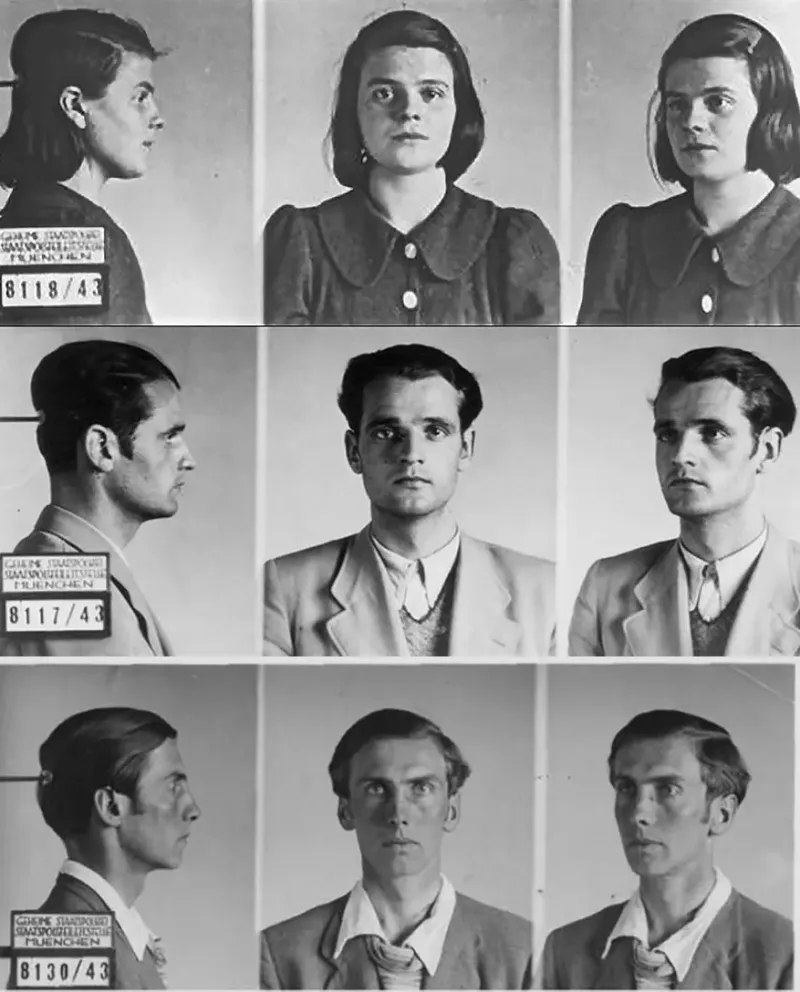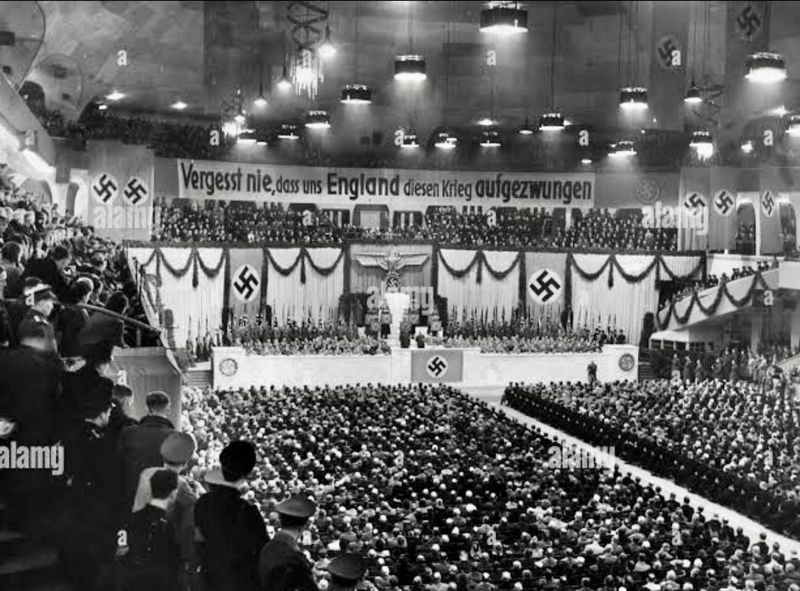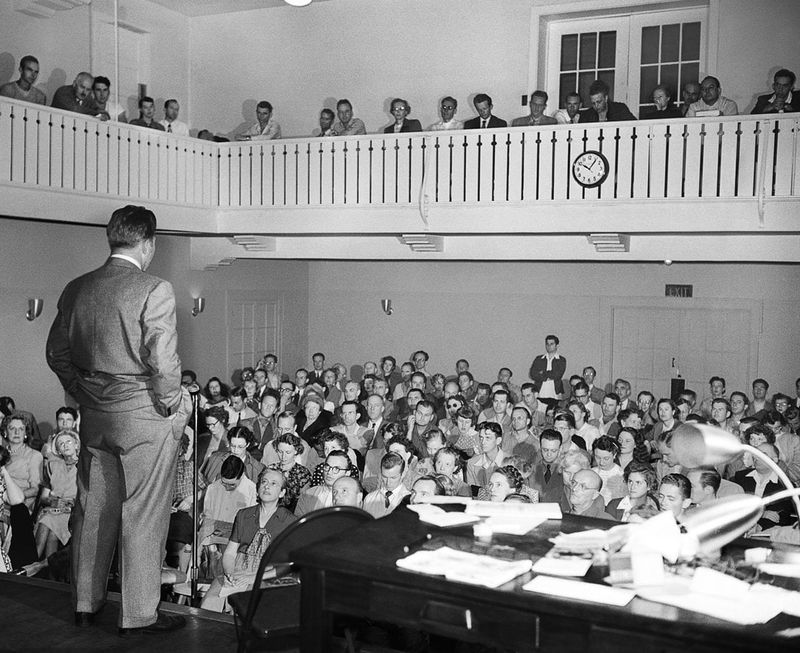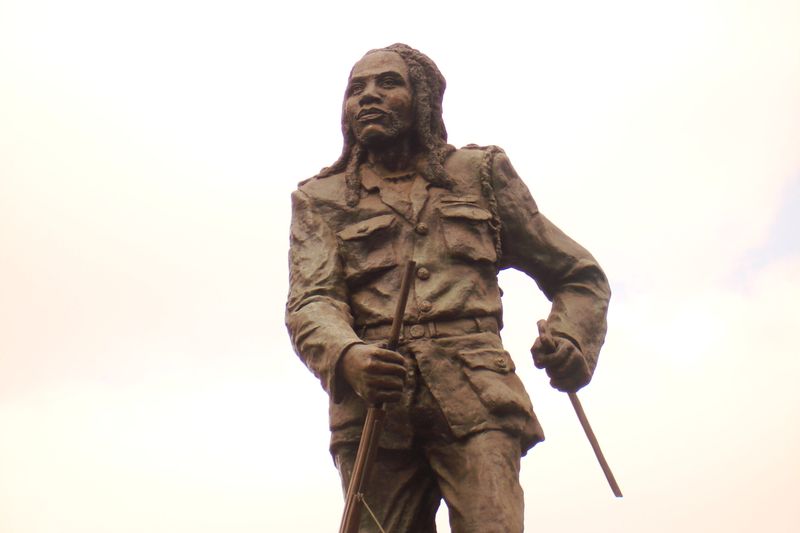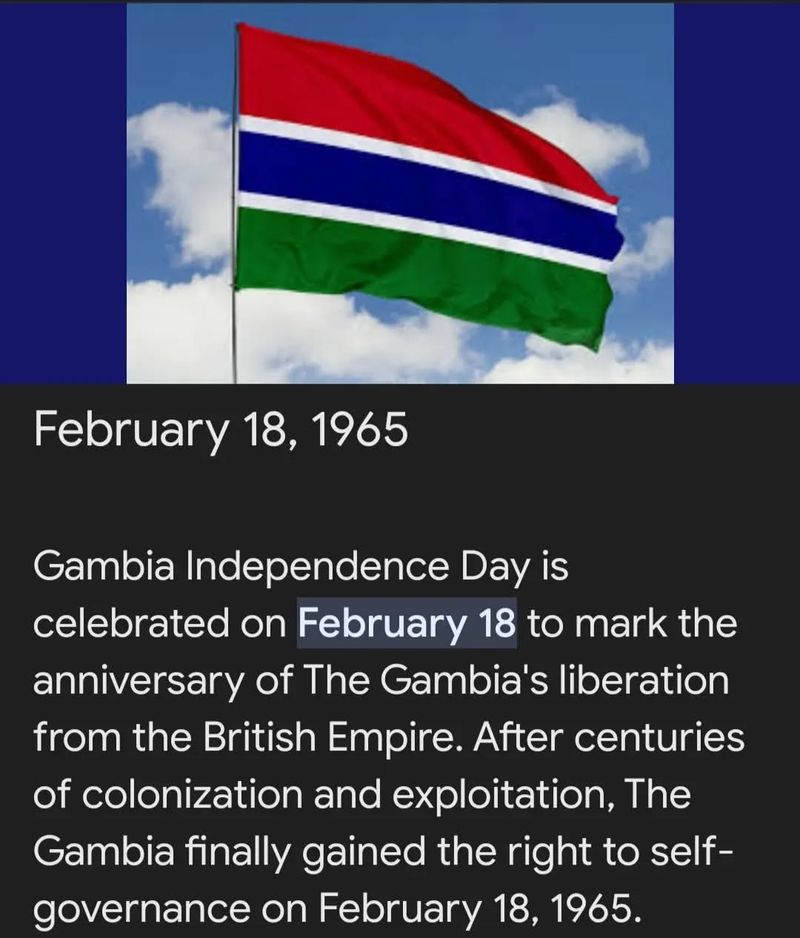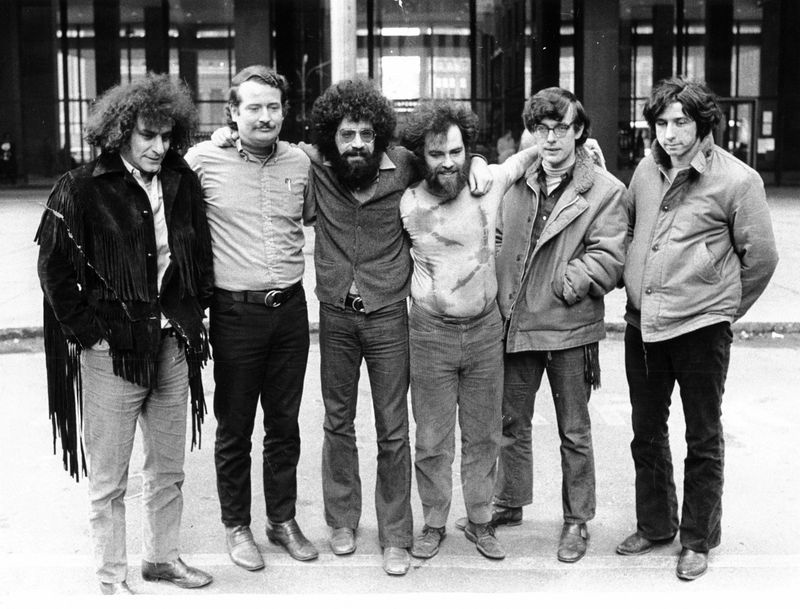February 18th has witnessed numerous significant events throughout history. From ancient times to modern-day marvels, this date holds a plethora of stories that have shaped nations, cultures, and scientific discoveries.
As we traverse through time, each event illuminates the diverse tapestry of human experience, highlighting moments of triumph, tragedy, and transformation.
Let us explore thirty notable occurrences on this very day, each contributing uniquely to the rich mosaic of our past.
1. 3102 – Beginning of Kali Yuga
The Kali Yuga, according to Hindu cosmology, marks the last of the four stages the world goes through as part of the cycle of yugas.
This era, known for its moral decline and spiritual disarray, is believed to have started on February 18, 3102 BCE. It represents an age of darkness and ignorance where virtue diminishes, and vice prevails.
Believers assert that societal values erode, and humans become more self-centered. Despite its ominous reputation, some traditions consider it a necessary phase in a larger cosmic cycle, eventually leading to renewal. The concept illustrates the cyclical nature of time in Hindu philosophy.
2. 1229 – Sixth Crusade: Frederick II regains Jerusalem
On February 18, 1229, Holy Roman Emperor Frederick II led the Sixth Crusade to regain control of Jerusalem. Uniquely, this crusade succeeded without extensive bloodshed through diplomatic negotiation rather than the typical warfare of past crusades.
Frederick’s strategic acumen and political savvy enabled him to secure a ten-year truce and control over Jerusalem, Bethlehem, and Nazareth.
This event marked a crucial turning point in the Crusades, demonstrating the power of diplomacy.
Frederick’s tactics were often criticized, yet they achieved a peaceful solution in a historically fraught region. Today, his approach provides a lesson in alternative conflict resolution methods.
3. 1478 – George, Duke of Clarence executed
George, Duke of Clarence, met his demise on February 18, 1478. Accused of treason against his brother, King Edward IV, his execution remains shrouded in mystery and intrigue.
One of the most famous tales suggests his death by drowning in a butt of Malmsey wine, although this is often considered apocryphal.
George’s downfall was emblematic of the turbulent times within the English monarchy, rife with power struggles and betrayal.
His execution highlighted the fragile nature of loyalty in royal courts. The story of George’s end remains a captivating example of the dangers inherent in political ambition.
4. 1637 – Spanish fleet intercepts Anglo-Dutch convoy
On February 18, 1637, the Spanish fleet successfully intercepted an Anglo-Dutch convoy, leading to a significant naval engagement.
This event occurred during the Eighty Years’ War, a protracted conflict between Spain and the emerging Dutch Republic. The interception highlighted Spain’s persistent naval prowess, despite its decline elsewhere.
The battle underscored the intense maritime rivalry and the strategic importance of controlling trade routes. The clash served as a reminder of the high stakes involved in seafaring dominance.
The event also reflects the broader geopolitical shifts of the time, as nations vied for supremacy on the world’s oceans.
5. 1735 – First opera in North America performed
The first opera performance in North America took place on February 18, 1735, marking a significant cultural milestone. The opera, “Flora, or Hob in the Well,” was staged in Charleston, South Carolina, and showcased the growing appreciation for European arts in the colonies.
This event signaled the beginning of a rich operatic tradition that would flourish in America, influencing the cultural landscape. The performance not only entertained but also connected the New World with European artistic traditions.
Today, this inaugural opera is remembered for its role in introducing a sophisticated art form to the American colonies, enriching cultural diversity.
6. 1791 – Vermont admitted to the Union
On February 18, 1791, Vermont was admitted as the 14th state of the United States, marking a momentous step in American expansion. This admission followed Vermont’s period as an independent republic after breaking away from New York in 1777.
Vermont’s statehood represented a harmonious resolution of territorial disputes and exemplified the young nation’s growing unity. The state’s unique history of independence and self-governance contributed to its distinct identity within the union.
Vermont’s admission is celebrated as a testament to the American spirit of compromise and cooperation, paving the way for future state admissions and national growth.
7. 1797 – British invasion of Trinidad
The British invasion of Trinidad commenced on February 18, 1797, as part of Britain’s efforts to expand its influence in the Caribbean. Leading a naval force, Sir Ralph Abercromby captured the island from Spanish control, marking a turning point in Caribbean colonial dynamics.
The successful invasion bolstered British presence in the region, reshaping political and economic landscapes. Trinidad’s capture contributed to Britain’s strategic dominance in the Caribbean, affecting trade and colonial interests.
The event illustrates the period’s imperial ambitions and the shifting allegiances as European powers contested for control over valuable territories.
8. 1814 – Battle of Montereau in Napoleonic Wars
On February 18, 1814, the Battle of Montereau unfolded as part of the Napoleonic Wars. Napoleon Bonaparte’s forces clashed with the Austrian army, achieving a decisive victory. This battle was significant in Napoleon’s campaign to defend France against the Sixth Coalition.
The success at Montereau boosted French morale and temporarily stalled the coalition’s advance into French territory. However, it was a fleeting triumph in the waning days of Napoleon’s reign.
The battle exemplifies Napoleon’s tactical brilliance but also foreshadows the challenges he faced as multiple nations united against him. Montereau remains a poignant reminder of Napoleon’s turbulent legacy.
9. 1861 – Jefferson Davis inaugurated as Confederate President
On February 18, 1861, Jefferson Davis was inaugurated as the first and only President of the Confederate States of America. This event signified the formal organization of the Confederacy, following the secession of southern states from the Union.
Davis’s leadership during the American Civil War was marked by challenges, including maintaining unity among the Confederate states and managing the war effort. The inauguration underscored the deep divisions within the United States at the time.
Davis’s presidency remains a controversial part of American history, emblematic of the conflict and turmoil that defined the Civil War era.
10. 1861 – Victor Emmanuel II becomes King of Italy
February 18, 1861, marked the unification of Italy under King Victor Emmanuel II’s leadership. His ascension as the first King of a united Italy symbolized the culmination of the Risorgimento, a movement for Italian unification.
Victor Emmanuel’s reign was instrumental in consolidating the various Italian states into a single nation, fostering national identity. His leadership navigated complex political landscapes and opposition, contributing to Italy’s emergence as a unified state.
This historic moment epitomizes the aspirations and struggles of the Italian people to achieve unity and independence, setting the stage for modern Italy’s development.
11. 1873 – Bulgarian leader Vasil Levski executed
On February 18, 1873, Bulgarian revolutionary leader Vasil Levski was executed by the Ottoman authorities. Levski, known for his vision of a free and democratic Bulgaria, is a celebrated national hero.
His execution marked a significant moment in Bulgaria’s struggle for liberation from Ottoman rule. Levski’s dedication to freedom and equality inspired future generations of Bulgarians. His legacy endures as a symbol of resistance and national pride.
Despite his execution, Levski’s ideals laid the groundwork for Bulgaria’s eventual independence, and he remains an enduring figure in the nation’s quest for self-determination and justice.
12. 1878 – Murder of John Tunstall sparks Lincoln County War
The murder of John Tunstall on February 18, 1878, ignited the Lincoln County War in New Mexico. Tunstall, a young British rancher and merchant, was embroiled in a conflict with rival factions competing for economic control.
His assassination sparked a violent feud between local business groups, leading to widespread lawlessness and bloodshed. Notably, this conflict involved famous figures like Billy the Kid.
Tunstall’s murder exemplifies the volatility of the American frontier, where disputes often escalated into armed confrontations. The Lincoln County War remains a vivid illustration of the challenges faced in the untamed West during the late 19th century.
13. 1885 – Adventures of Huckleberry Finn published in U.S.
On February 18, 1885, Mark Twain’s iconic novel, “Adventures of Huckleberry Finn,” was published in the United States. The book, renowned for its vivid portrayal of American life along the Mississippi River, is regarded as a masterpiece of American literature.
Twain’s narrative, through the eyes of young Huck Finn, offers a poignant critique of society, race, and morality. The novel’s humor, rich characters, and social commentary continue to captivate readers.
Its publication marked a turning point in American literature, challenging prevailing norms and encouraging critical reflection. “Huckleberry Finn” remains a seminal work, celebrated for its enduring impact on literary and cultural landscapes.
14. 1900 – Second Boer War: Bloody Sunday at Paardeberg
February 18, 1900, saw the infamous Bloody Sunday during the Second Boer War at Paardeberg, South Africa. British forces attempted to encircle Boer troops but faced fierce resistance, resulting in significant casualties.
The battle, marked by strategic missteps and intense fighting, highlighted the complexities and brutality of the war. The event reflected the broader conflict between British imperial ambitions and Boer independence.
Bloody Sunday at Paardeberg remains a somber reminder of the human cost of colonial conflicts and the determination of those fighting for their homelands. It underscores the enduring impact of colonialism on South African history.
15. 1930 – Pluto discovered by Clyde Tombaugh
On February 18, 1930, American astronomer Clyde Tombaugh discovered Pluto at the Lowell Observatory in Arizona. This celestial finding expanded our understanding of the solar system, introducing what was then considered the ninth planet.
Tombaugh’s meticulous observations and use of the observatory’s advanced telescopes led to this groundbreaking discovery. Pluto’s identification highlighted the potential for new astronomical insights and the importance of persistent scientific inquiry.
Although later reclassified as a dwarf planet, Pluto’s discovery remains a significant milestone in astronomy, inspiring curiosity about our universe’s vastness and the ongoing exploration of celestial bodies.
16. 1930 – First cow flies and is milked in an aircraft
On February 18, 1930, history was made when a cow named Elm Farm Ollie became the first cow to fly in an aircraft. During this unique airborne experiment, she was also milked mid-flight, producing the first milk ever obtained in the air.
This quirky event highlighted the era’s fascination with aviation advancements and the innovative spirit driving exploration. The stunt captured public imagination, showcasing the possibilities of flight beyond conventional boundaries.
Elm Farm Ollie’s aerial journey remains a lighthearted anecdote in aviation history, emphasizing the adventurous spirit of the time and the whimsical side of technological progress.
17. 1938 – Nanking Safety Zone collapses during massacre
During the Nanking Massacre, the so-called Safety Zone, established by Westerners and Chinese leaders to protect civilians, collapsed on February 18, 1938. The fall of this zone exposed countless civilians to the horrific violence perpetrated by Japanese forces.
The Safety Zone’s collapse marked a tragic moment in an already devastating massacre. Intended as a sanctuary, its failure underscored the brutality and chaos of the conflict.
This event remains a stark reminder of the horrors of war and the vulnerability of civilians caught in its wake. The Nanking Massacre continues to be a poignant symbol of wartime atrocities and the enduring need for humanitarian protection.
18. 1943 – Nazis arrest members of the White Rose movement
On February 18, 1943, the Nazi regime arrested members of the White Rose, a non-violent resistance group led by students at the University of Munich. The group courageously opposed Nazi ideology, distributing leaflets urging Germans to resist the regime.
The arrest marked a significant crackdown on dissent, resulting in the execution of core members, including siblings Hans and Sophie Scholl. The White Rose’s bravery and moral conviction inspired future generations to stand against tyranny.
Their story exemplifies the power of peaceful resistance and the profound impact of individual courage in the face of overwhelming oppression. Their legacy endures as a testament to human dignity and resilience.
19. 1943 – Goebbels delivers Sportpalast speech
On February 18, 1943, Joseph Goebbels delivered his infamous Sportpalast speech, rallying Germans for total war. As a prominent Nazi propagandist, Goebbels sought to galvanize the nation amidst mounting military pressures.
His impassioned address called for intensified efforts and sacrifices, urging citizens to support the Nazi war machine. The speech epitomized the regime’s manipulative rhetoric and ambition, seeking to sustain morale despite worsening conditions.
Goebbels’ words remain a chilling reminder of propaganda’s power and its role in shaping public perception during wartime. The Sportpalast speech exemplifies the extent of Nazi control over information and the precariousness of truth in authoritarian regimes.
20. 1954 – First Church of Scientology established
On February 18, 1954, the first Church of Scientology was officially established in Los Angeles by L. Ron Hubbard. This founding marked the beginning of a religious movement that would grow into a controversial global organization.
Scientology, based on Hubbard’s teachings, attracted followers with its promises of personal enlightenment and self-improvement.
The establishment of the church signified the formalization of Hubbard’s philosophies, which had already garnered attention through his writings.
Despite facing criticism and legal challenges over the years, Scientology continues to influence new adherents worldwide. Its founding is a noteworthy event in the landscape of modern religious movements.
21. 1957 – Kenyan rebel leader Dedan Kimathi executed
On February 18, 1957, Kenyan independence fighter Dedan Kimathi was executed by British colonial authorities. Kimathi, a prominent leader of the Mau Mau uprising, became a symbol of resistance against colonial rule.
His execution marked a pivotal moment in Kenya’s struggle for independence, highlighting the harsh realities of colonial oppression. Kimathi’s legacy endures as a beacon of courage and defiance, inspiring future generations to pursue freedom.
Despite his death, his vision for a liberated Kenya lived on, contributing to the country’s eventual independence. Kimathi remains a revered figure, emblematic of the fight against imperialism and the quest for self-determination.
22. 1965 – The Gambia gains independence from the UK
On February 18, 1965, The Gambia achieved independence from British colonial rule, becoming a sovereign nation. The transition was marked by celebrations and a renewed sense of national identity among Gambians.
Independence brought new opportunities and challenges, as The Gambia embarked on the journey of self-governance. This milestone represented the broader wave of African nations gaining freedom during the 20th century.
The event is a source of pride, symbolizing the end of colonial dominance and the beginning of a new chapter for The Gambia. It set the path for the country’s development and participation in the global community.
23. 1970 – Chicago Seven found not guilty
On February 18, 1970, the Chicago Seven, accused of inciting riots during the 1968 Democratic National Convention, were found not guilty of conspiracy. This verdict concluded a high-profile trial that had captivated national attention.
The trial, marked by political and social tensions, reflected the broader cultural upheaval of the 1960s. The acquittal was seen as a victory for free speech and civil liberties, resonating with movements for social change.
The Chicago Seven’s trial and verdict underscored the challenges and divisions within American society during a transformative era, highlighting the ongoing struggle for justice and equality in the face of dissent.
24. 1972 – California Supreme Court overturns death penalty
On February 18, 1972, the California Supreme Court ruled against the death penalty, considering it unconstitutional. This landmark decision marked a significant shift in the state’s legal landscape, impacting the judicial system.
The court’s ruling emphasized the evolving perspectives on capital punishment and spurred debates about its morality and efficacy.
Although the decision faced opposition, it underscored the need to reevaluate the justice system’s approach to punishment.
This pivotal moment in California’s legal history prompted nationwide discussions on the death penalty and its implications for human rights and justice. It reflected the state’s progressive stance on controversial social issues.
25. 2001 – FBI agent Robert Hanssen arrested for spying
On February 18, 2001, FBI agent Robert Hanssen was arrested for espionage, marking one of the most notorious spy cases in U.S. history. Hanssen had secretly provided classified information to the Soviet Union and Russia for over two decades.
His arrest sent shockwaves through the intelligence community, exposing vulnerabilities within the FBI. Hanssen’s betrayal highlighted the complexities of espionage and the importance of internal security measures.
The case underscored the challenges in balancing transparency with national security, prompting reforms in counterintelligence practices. Hanssen’s espionage remains a cautionary tale of the risks associated with insider threats and the need for vigilance.
26. 2010 – WikiLeaks releases classified documents
On February 18, 2010, WikiLeaks released a trove of classified documents, revealing sensitive information about government activities and international affairs. This act of whistleblowing sparked global debates about transparency, security, and the public’s right to know.
WikiLeaks’ revelations challenged traditional notions of secrecy and accountability, prompting discussions on the ethical and legal implications of such disclosures.
The release underscored the tension between government transparency and national security, influencing journalism and information sharing in the digital age.
It marked a transformative moment in the relationship between media, technology, and state power, reshaping public discourse on information freedom.
27. 2013 – $50M diamond heist at Brussels Airport
On February 18, 2013, a meticulously planned diamond heist at Brussels Airport resulted in the theft of $50 million worth of gems. The audacious robbery involved armed men disguised as police, executing a swift and highly coordinated operation.
The heist’s success highlighted vulnerabilities in airport security and raised questions about law enforcement’s ability to thwart such sophisticated crimes. It captivated public attention, echoing the drama of Hollywood heist films.
The event remains one of the largest diamond thefts in history, symbolizing the ongoing challenges of safeguarding valuable assets in an increasingly interconnected world. The heist continues to intrigue and puzzle investigators and the public alike.
28. 2021 – Mars rover Perseverance lands on Mars
On February 18, 2021, NASA’s Perseverance rover successfully landed on Mars, marking a milestone in space exploration. Equipped with cutting-edge technology, the rover embarked on a mission to discover signs of past life and collect samples.
Perseverance’s landing represented a significant achievement for NASA, showcasing advancements in space technology and robotics. The mission’s objectives promise to enhance our understanding of Mars’ geology and potential for habitability.
This event inspired renewed interest in space exploration, symbolizing humanity’s quest to explore the cosmos. Perseverance’s journey continues to captivate imaginations, highlighting the boundless possibilities of scientific discovery beyond Earth.

